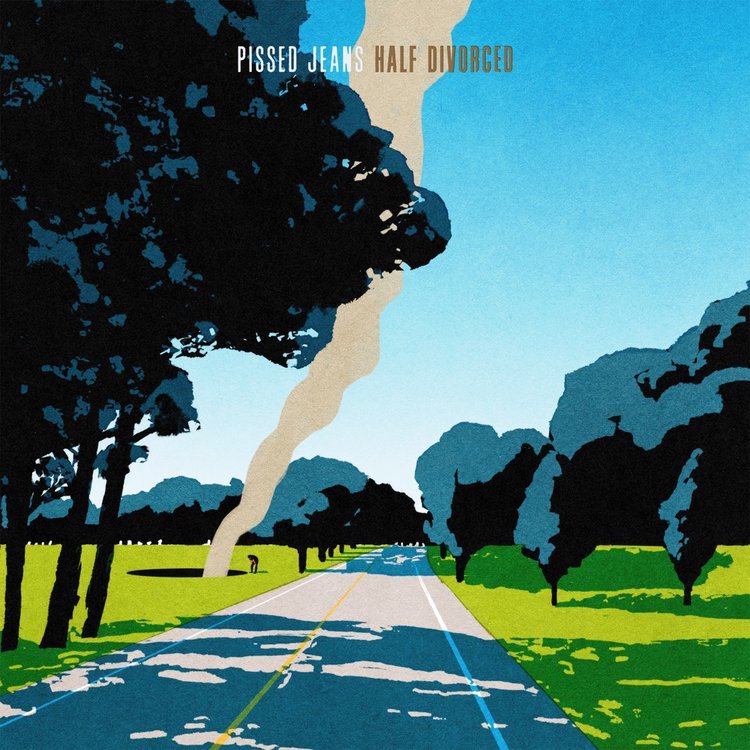Jack White - Boarding House Reach
Jack White
Boarding House Reach
By: Ryan Kachikis
Taking its title from an idiom, Jack White’s Boarding House Reach isn’t his hand across the table for a meal, but ambition grasping for success and pleasure at the expense of those closest to him. However, the title alludes to another side of the man, or in this case the boy: the famous seventh son and youngest of ten children. At the bottom of the totem pole, fighting for scraps to grow, this habit to take, steal, or borrow served him well as the “last rock star” and a crucial piece of blues revival in the 21st century.
For his most personal record to date, White holed up in a rented apartment, freshly divorced and with his childhood tape recorder to write the songs and construct the demos that became Boarding House. It’s a sprawling and creative effort, if a bit scattered. However, such an ill-defined sound, along with consistent use of interludes, could be White reflecting on the shortened attention span of the smartphone age, which he addresses directly on the pensive and guitar plucked “Ezmerelda Steals The Show”. His use of varying genres is an accurate acknowledgment of the borderless output streaming sites like Spotify and Soundcloud have fostered in the artistic process of Gen Z.
“I’m thinking about starting a corporation, who’s with me?”
In many ways, White treats his new album like an origin story and a manifesto. “Get In The Mind Shaft” begins with a young John Gillis stumbling upon a grand piano, while a nostalgic anthem of soft, new age strings gives the scene the inevitability and weight of King Arthur pulling his sword from a stone. White has always taken the task of self-mythologizing seriously, from his White Stripes color scheme (now he’s solo and in his “blue period”) to a heavy hand in the rebuilding of the vinyl industry, a format that screams preservation and sanctity. On “Ice Station Zebra”, White explores the nature of creativity and development while rapping in in a style reminiscent of A Tribe Called Quest, and it’s not hard to imagine a teenaged Jack finding inspiration in the still young art form.
The other topic explored in depth on his new record is White’s dream chasing and the toll it takes on his personal life. From the anti-pet that reads anti-marriage “Why Walk A Dog”, to his Sisyphean struggles to move ahead on “Over And Over And Over”, in which he relates the effort necessary for achievement, to pushing a boulder up a mountain for eternity. White similarly pushes his loved ones away on the opening track until the loneliness leads to suicidal thoughts on the country ballad, “What’s Done Is Done”. Throughout, White achieves a masterful narrative that joins two stories and gives one relatable, if not totally focused, image of the man.
And that’s the key to appreciating Boarding House Reach: disparate elements, experiments in style, and an abundance of filler that if not quite hitting the mark on consistency and musical direction, leaves an undeniably vivid story in the listener’s head. The tale of Jack White the human being, who until now was shrouded in the self-made haze of a modern Robert Johnson, crafts his brand of ambiguity made a little less opaque. It’s a refreshing, and for a living legend like Jack White, revelatory stance that is essential listening for both his fans and music critics, the Blood On The Tracks of his discography; and save for some half-conceived ideas, could go down as a classic in its own right.











